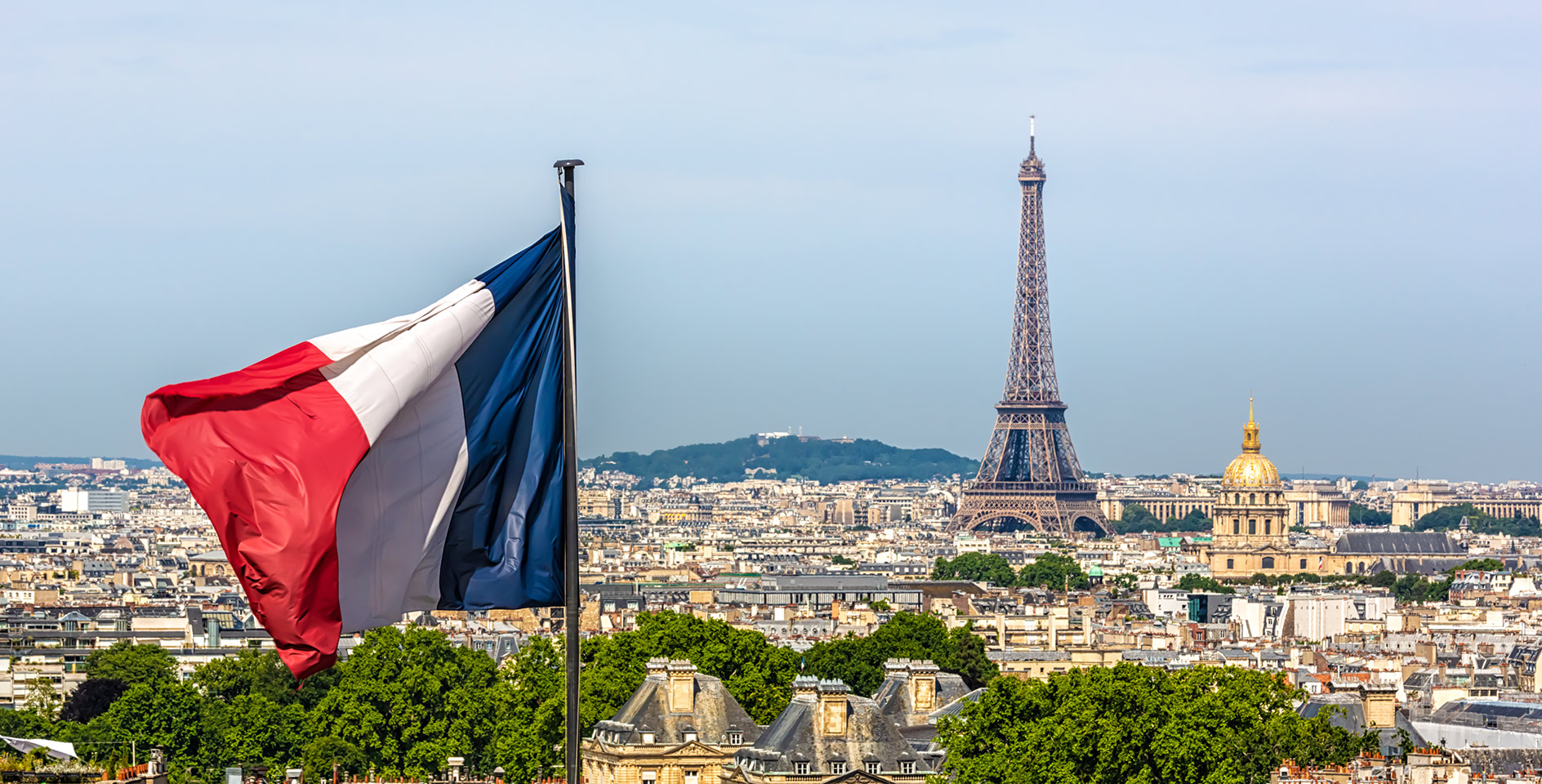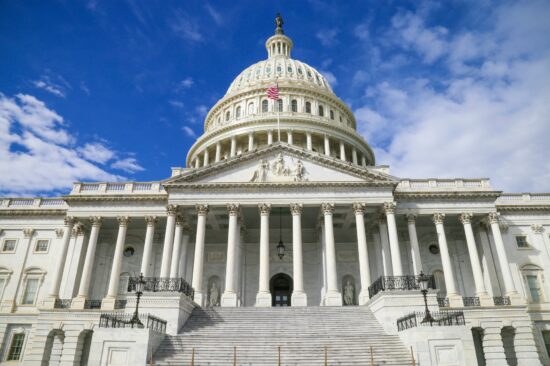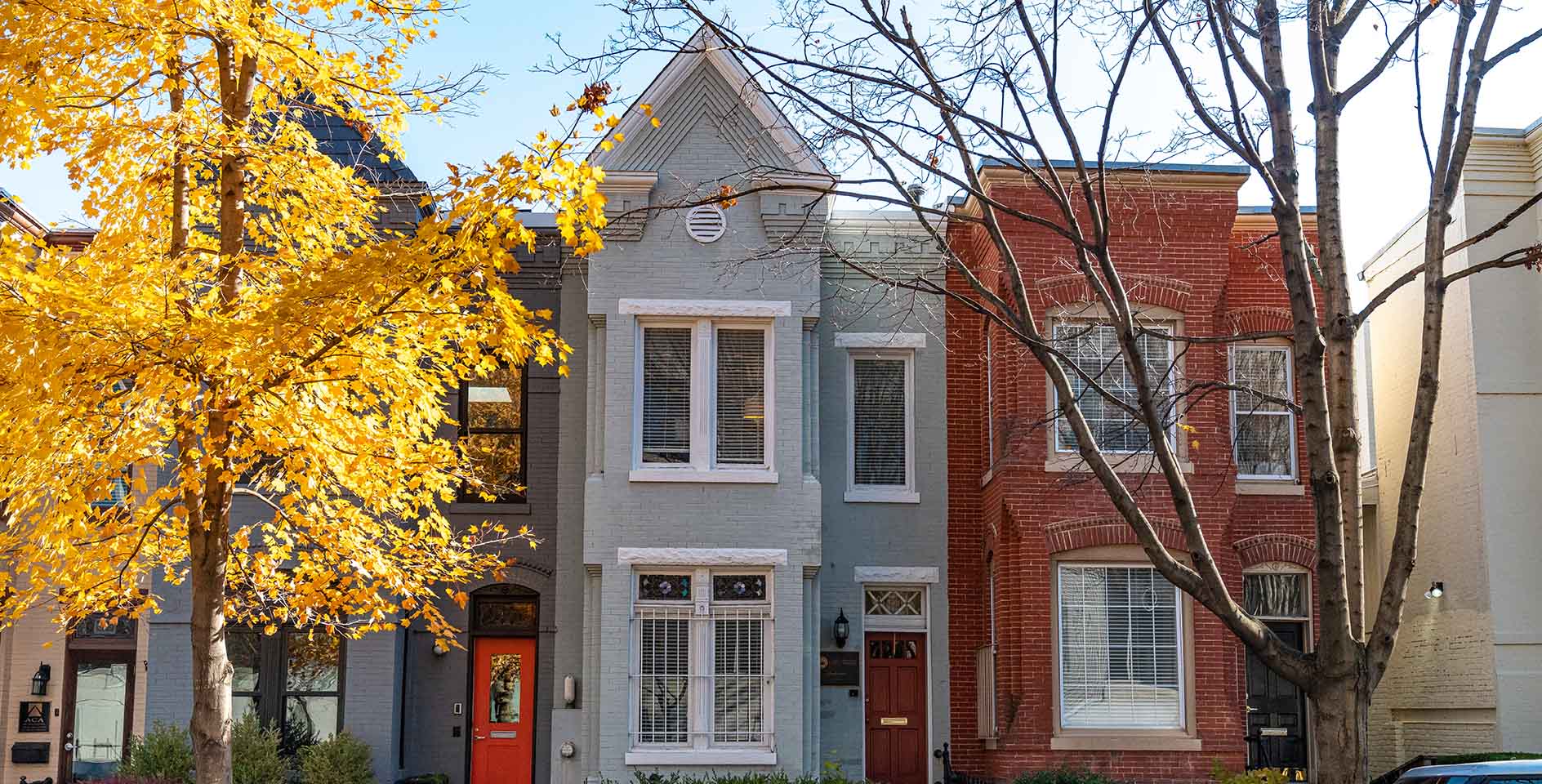“Really, wasn’t he Swiss?” More often than not, that’s the reaction I get when, traveling abroad, I mention that John Calvin was a Frenchman born in France. If people are often confused, it’s because he had to emigrate to Geneva due to strong persecution in his home country.
It is true that since Calvin, the relationship in France between State and religion has been, at-best, complicated. After Calvin came the Huguenots, French Protestants who were persecuted by the state and fled to various countries across the world. Shortly after the French Revolution in 1801, Napoleon created a State concordat recognizing State-funded religions. Some evangelical groups, such as Baptists, were not recognized, and pastors & preachers found themselves sometimes imprisoned. So, when the discussions started in the late nineteenth century about a law that would separate churches and State, most Evangelicals were not only very keen but actively encouraged it.
Laïcité
In 1902, the well-known French preacher Ruben Saillens publicly hoped for the “most beautiful day in the history of France.” And indeed, on December 9th, 1905 the day had come. “Laïcité” was born, mainly with a view of separating the majority-Roman Catholic Church from the State, but it resulted in giving freedom to all other religions. The small, evangelical community was delighted. At last, they had a means of legally organizing themselves. Gone was the fear of State-organized persecution!
One hundred years later, the French sociological and religious landscape has changed. In 2021, the proportion of Roman Catholics who regularly attend mass is down to a mere 7% of the population – less than 4 million people. At the current rate of decline, there will be no French priests left in the Roman Catholic church in less than 30 years. By contrast, evangelicals have seen significant growth from the 1950s to the present day, going from less than 50,000 people to close to 1 million today.
Islam
But the main story is not about Christianity. Since the 1950s, Islam has grown tremendously in the nation. There are now over 5 million people of Muslim culture in France, and close to 2,500 mosques have opened. Mostly, the development is the result of immigration from North Africa – former French colonies mainly – to meet employment needs in France. Today, according to the French sociologist Jérôme Fourquet, one male baby born out of five in France has an Arab-Muslim name (note: ethnic statistics are forbidden by law in France, hence the approximations and studies done on names).
With the expansion of Islam, France has also seen the rise of radical Islam. I spoke to my friend Olivier Pfingstag a 38-year-old pastor and evangelist with Youth for Christ France. Olivier was brought up in Colmar, a town in eastern France where many Muslims have lived for years. “When I was a teenager in Colmar, there was very little radicalism even though the first-generation immigrants had a tough time landing here. Today, I see a real change on how second and third generation Muslims are speaking and behaving. They often feel like they don’t belong here. I feel that the different governments have not done a good job at ensuring they integrate well.”
It goes without saying that the vast majority of Muslims in France condemn and want nothing to do with terrorism perpetrated in the name of Islam. But since 2012, France has seen an increasing number of terrorist attacks resulting in more than 250 deaths — including Muslims. Politicians have been pressured to signal that they are now dealing with this form of terrorism.
Radicalism and Religious Freedom
While relationships have been mostly positive between the main religious groups in France (Christianity, Islam, Judaism) and President Macron since his 2017 election, things have changed over the last few months. To demonstrate that the government is fighting terrorism, President Macron considered that opening a new debate on “Laïcité” would help show the French population that he is taking the right measures. His answer was the “Separatism law.” While clearly aimed at managing Islam in France, which previous governments have struggled to do, the law will apply to all religious groups, including evangelicals.
For Evangelicals and other faiths, the proposed “Separatism law” mainly includes asking churches to re-register themselves again with the government every 5 years, forcing churches to declare all finances coming from abroad and giving more power to the police to intervene on religious matters. Effectively, with the “Separatism Law,” French “Laïcité” risks becoming more about controlling religions and less about freedom.
While the primary issue is the law itself, the journey to getting it through Parliament has been filled with landmines for evangelicals. They have become a frequent target of the French government, which has come as a surprise to most.
Targeting Christianity?
In early January, Marlène Schiappa a State minister declared that the “Separatism law” would deal with “more and more Evangelicals, influenced by the United States, demanding a certificate of virginity before getting married.” French Evangelicals were flabbergasted as they had never heard of anything of the sort. Olivier Pfingstag told me he initially felt a profound sense of injustice: “it scares me for the future when a State minister can’t even get their facts right and doesn’t then take time to correct their statements. She said this on a show watched by millions of people. What will this mean for us as we seek to engage positively with French culture?”
And when a few weeks later, Gérald Darmanin the Interior State minister, came out saying that “Evangelicals were a very important problem” speaking about foreign funding, more alarm bells started ringing (foreign funding does indeed happen for Islam).
Emmanuelle Poli is a student worker and leader for the Groupes Bibliques Universitaires (equivalent to InterVarsity Christian Fellowship in the US): “I didn’t know whether to laugh or cry when I heard this. I knew it was not based on facts. Most of the money needed for the mission I work for is funded by French Christians. My only donor in the United States is a French friend living out there!”
It is my experience also. I personally serve on the boards of a few French missions and all of them are financed at nearly 100% by French Christians. Limited foreign funding does exist and will still be allowed to exist, but it will be more tightly controlled. What Darmanin said publicly was clearly intended to demonstrate to the large Muslim-community that the future law was about more than Islam.
Laïcité and the Future
The future is often what came up in my conversations with pastors & evangelical leaders. Alain Stamp is a veteran Evangelical leader who was instrumental in setting up the “Conseil National des Évangéliques de France (CNEF)”, the national organization representing most Evangelicals in France. He is hopeful: “Yes, the law has just been approved by Parliament, but there are still a number of legislative steps required for the law to be fully enacted in 2022. It gives us time to act but most importantly to pray for the situation.”
Philippe Fauveau, a pastor of a multicultural church in central Paris agrees but remains concerned: “if the proposed law does pass, we are all worried what a future government could do with it and what it would mean for religious freedom”.
But while the “Separatism law” continues to cause concern in evangelical circles in France, every single person I spoke to was optimistic for the gospel. “Just this month, we are having 3 baptisms in our church, all have come from a non-Christian background. Through the work I do for Youth for Christ, 4 young people have come to faith recently,” said Olivier Pfingstag. Emmanuelle Poli agrees, “I have recently seen a number of people become Christians and join churches in Marseille just by reading the Bible on their own! The law will make it more difficult for churches, but it will not stop us from meeting and proclaiming the gospel of Christ.” Alain Stamp added: “Today, we are on a trend of one new evangelical church being planted every 10 days. It’s encouraging.”
The laws may be changing, but the French population is showing a renewed interest in spiritual matters. A huge opportunity for the gospel.
In 1549, John Calvin wrote to his fellow French Christians facing hardship: “I pray that you would hold fast. Do not be fearful, even if the dangers were to become more pressing.” While we are reluctant to speak of this as persecution, as French Christians, we know that we could make Calvin’s 500-year-old prayer our very own today.










